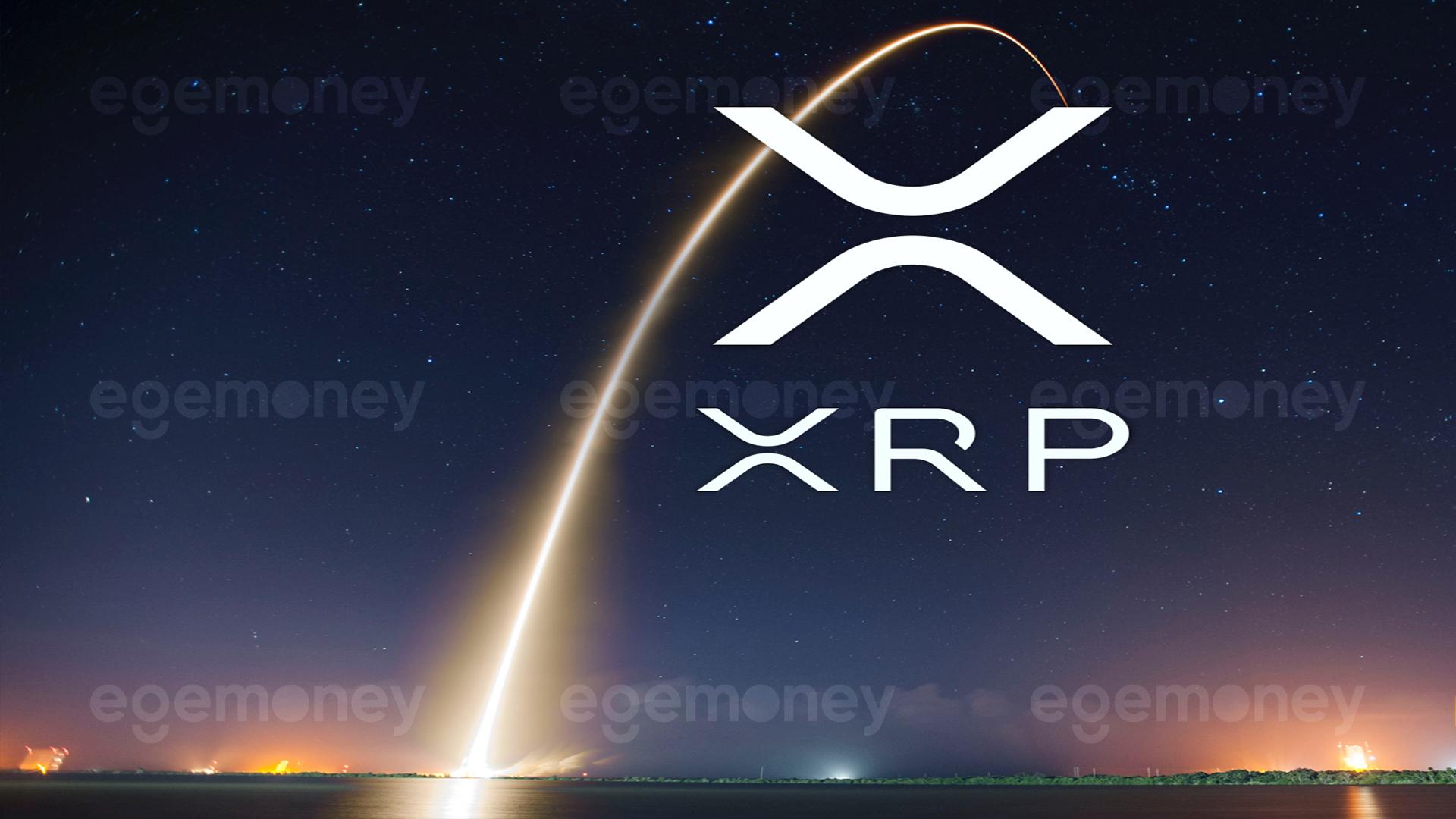With Ripple’s name partly cleared by the court, the company behind XRP is expecting an improvement in its business.
Last week, the three-year-long legal battle between the SEC and Ripple finally reached a partial resolution.
While Judge Analisa Torres ruled that some primary sales of XRP should have been registered as securities offerings, she determined that the secondary sale of the asset does not qualify as unlicensed securities.
Back in Business Again
The case may still proceed to trial, and financial penalties for the primary sales of XRP are still possible. However, this ruling has cleared Ripple’s name when it comes to using XRP for facilitating money transfers. This not only alleviates potential customers’ caution about engaging with the company but also marks the restoration of their biggest customer, Moneygram.
Ripple’s CEO, Brad Garlinghouse, previously stated that the court’s decision would enable the firm to pursue new avenues for generating revenue.
Moreover, Garlinghouse believes that the outcome of this landmark case will benefit the entire industry, not just Ripple.
Ripple to Explore Deals Regarding Cross-Border Transactions
With the situation finally calming down, Ripple‘s general counsel, Stu Alderoty, unveiled an exciting plan for the company. In a matter of two weeks, as the third quarter begins, Ripple will embark on engaging discussions with prospective clients, seeking to forge new partnerships and explore untapped opportunities.
According to Alderoty, Ripple will seek to establish partnerships with companies in the American banking sector, with a particular focus on banks and payment processors engaged in international business. Ripple’s XRP token eliminates the need for pre-funded banks on the receiving end of transactions.
“I think we’re hopeful that this decision would give financial institution customers or potential customers comfort to at least come in and start having the conversation about what problems they are experiencing in their business. […] Hopefully, this quarter will generate a lot of conversations in the United States with customers, and hopefully some of those conversations will actually turn into real business.”
While it has been widely reported that the bulk of Ripple’s revenue originated from sources outside the United States, this was predominantly a consequence of the legal hurdles faced by the company. However, with these obstacles now mostly resolved, Ripple is determined to make a robust shift back towards its US business partners, aiming to strengthen those partnerships and reestablish a significant presence in the domestic market.







